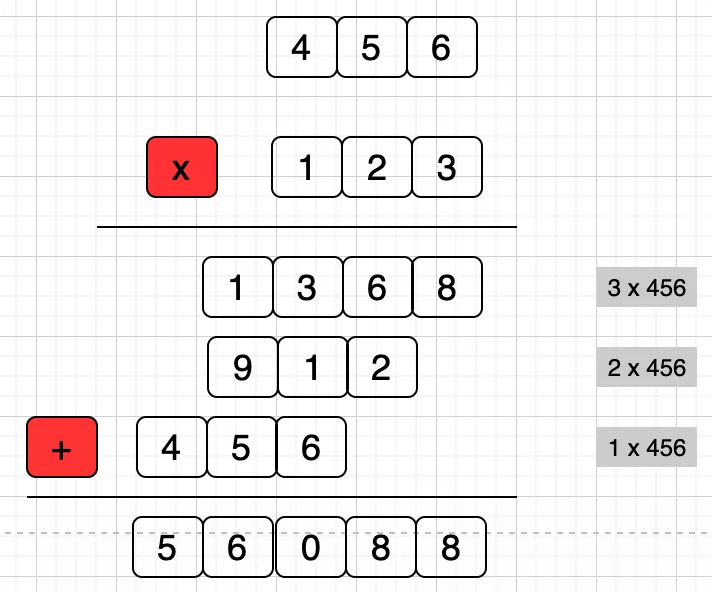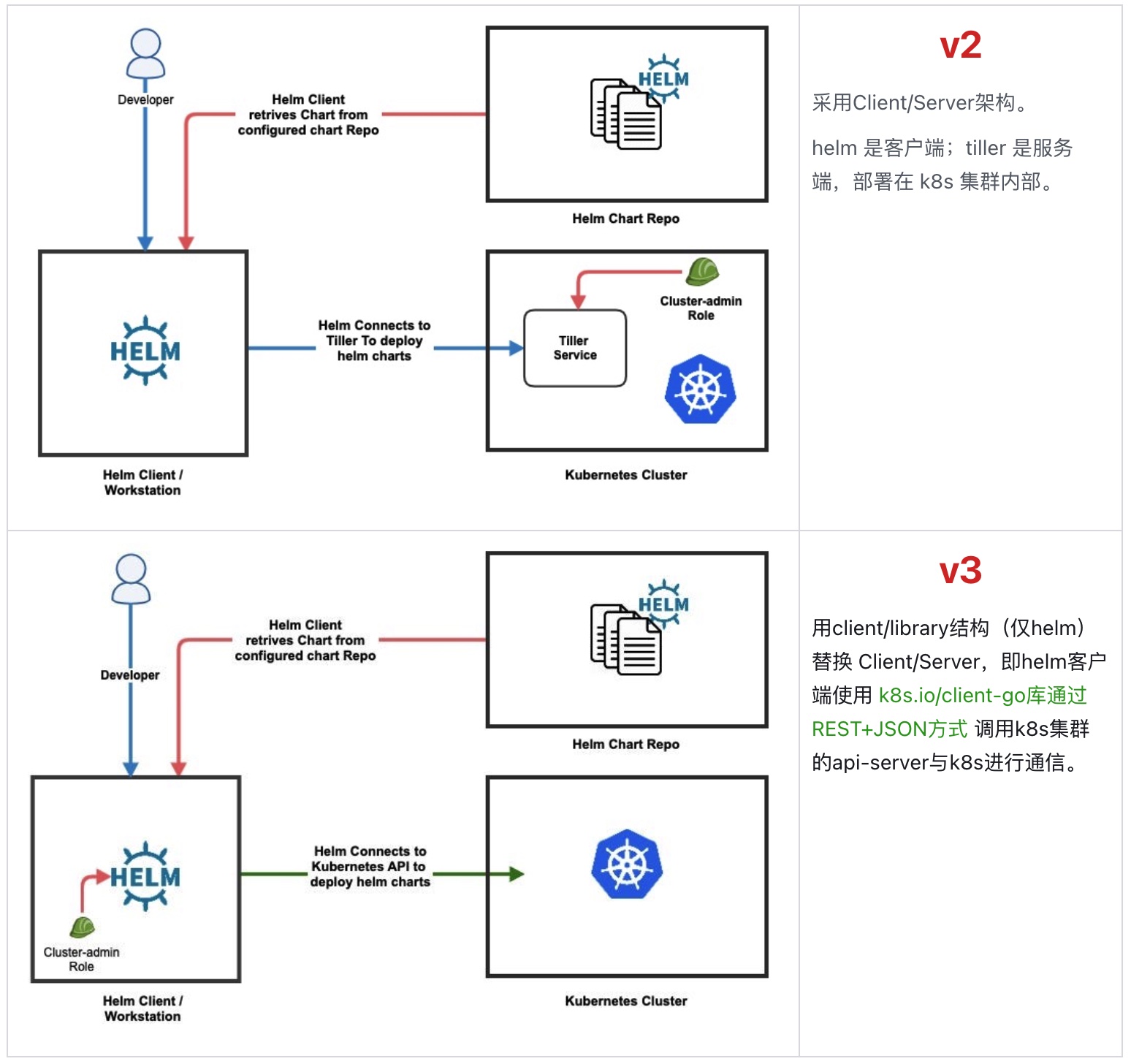算法技巧算法技巧利用质数随机遍历集合的一种实现
ivansli有个随机遍历数据集合的需求,描述如下:
① 从集合的某个随机位置开始遍历
② 随机获取集合中剩余数据
③ 重复步骤②,直到遍历完整个集合
当看到这个需求时,不知道你是否会想到什么实现方式?
最近在追溯go底层源码时发现,在调度器从其他 P 中 steal 可用 goroutine 时利用质数的特性,采用了一种特殊算法随机遍历 allp 数组。觉得很是经典,特此记录一下。
例如:通过下标随机遍历数组中的 8 个元素,则最终遍历数组的下标可能是 [0,1,2,3,4,5,6,7] 中的任意一种随机排列。
遍历步骤:
① 计算小于等于 count (这里是8) 的所有质数,得到数组 [1,3,5,7]
② 从质数数组随机获取一个质数 inc,例如:5
③ 获取一个初识随机数 R,例如:16
④ (R+inc) % count = pos,pos 就是数组下标
⑤ 把 第④步 计算结果 pos 作为第三步中的 R,继续下一次循环,直到遍历完整个数组
按照遍历步骤,进行一轮计算,过程如下:
1
2
3
4
5
6
7
8
| ① R:16 inc:5 count:8 (16+5)%8 = pos:5 // 第一个R是单独获取的随机数,计算结果 pos 作为下一次 R 的输入
② R:5 inc:5 count:8 (5+5)%8 = pos:2
③ R:2 inc:5 count:8 (2+5)%8 = pos:7
④ R:7 inc:5 count:8 (7+5)%8 = pos:4
⑤ R:4 inc:5 count:8 (4+5)%8 = pos:1
⑥ R:1 inc:5 count:8 (1+5)%8 = pos:6
⑦ R:6 inc:5 count:8 (6+5)%8 = pos:3
⑧ R:3 inc:5 count:8 (3+5)%8 = pos:0
|
通过上面计算,最终获得的遍历下标为 [5,2,7,4,1,6,3,0]。需要注意的是:每一轮遍历,第一次传入的随机数 R 与选取的质数 inc 不同,会得到不同的遍历次序。
在 go 底层源码的 func findrunnable() (gp *g, inheritTime bool) 方法中可以看到实现逻辑,如下所示:
代码位置:src/runtime/proc.go
注意:>=go1.16 findrunnable()代码有所变动,可在 go1.12 ~ go1.15 版本中看到相关逻辑
1
2
3
4
5
6
7
8
9
10
11
12
13
14
15
16
17
18
19
20
21
22
23
24
25
26
27
28
29
30
31
32
33
34
35
36
37
38
39
40
41
42
43
44
45
46
47
48
49
50
51
52
53
54
55
56
57
58
59
60
61
62
63
64
65
66
67
68
69
70
71
72
73
74
75
76
77
78
79
80
81
82
83
84
85
86
87
88
89
90
| func findrunnable() (gp *g, inheritTime bool) {
for i := 0; i < 4; i++ {
for enum := stealOrder.start(fastrand()); !enum.done(); enum.next() {
if gp := runqsteal(_p_, allp[enum.position()], stealRunNextG); gp != nil {
return gp, false
}
}
}
}
var stealOrder randomOrder
type randomOrder struct {
count uint32
coprimes []uint32
}
func (ord *randomOrder) reset(count uint32) {
ord.count = count
ord.coprimes = ord.coprimes[:0]
for i := uint32(1); i <= count; i++ {
if gcd(i, count) == 1 {
ord.coprimes = append(ord.coprimes, i)
}
}
}
func gcd(a, b uint32) uint32 {
for b != 0 {
a, b = b, a%b
}
return a
}
type randomEnum struct {
i uint32
count uint32
pos uint32
inc uint32
}
func (ord *randomOrder) start(i uint32) randomEnum {
return randomEnum{
count: ord.count,
pos: i % ord.count,
inc: ord.coprimes[i%uint32(len(ord.coprimes))],
}
}
func (enum *randomEnum) done() bool {
return enum.i == enum.count
}
func (enum *randomEnum) next() {
enum.i++
enum.pos = (enum.pos + enum.inc) % enum.count
}
func (enum *randomEnum) position() uint32 {
return enum.pos
}
|
这种实现方式被视为是一种公平的数据集合遍历实现方式,想必在平时的业务开发过程中有很多地方会用的到。









